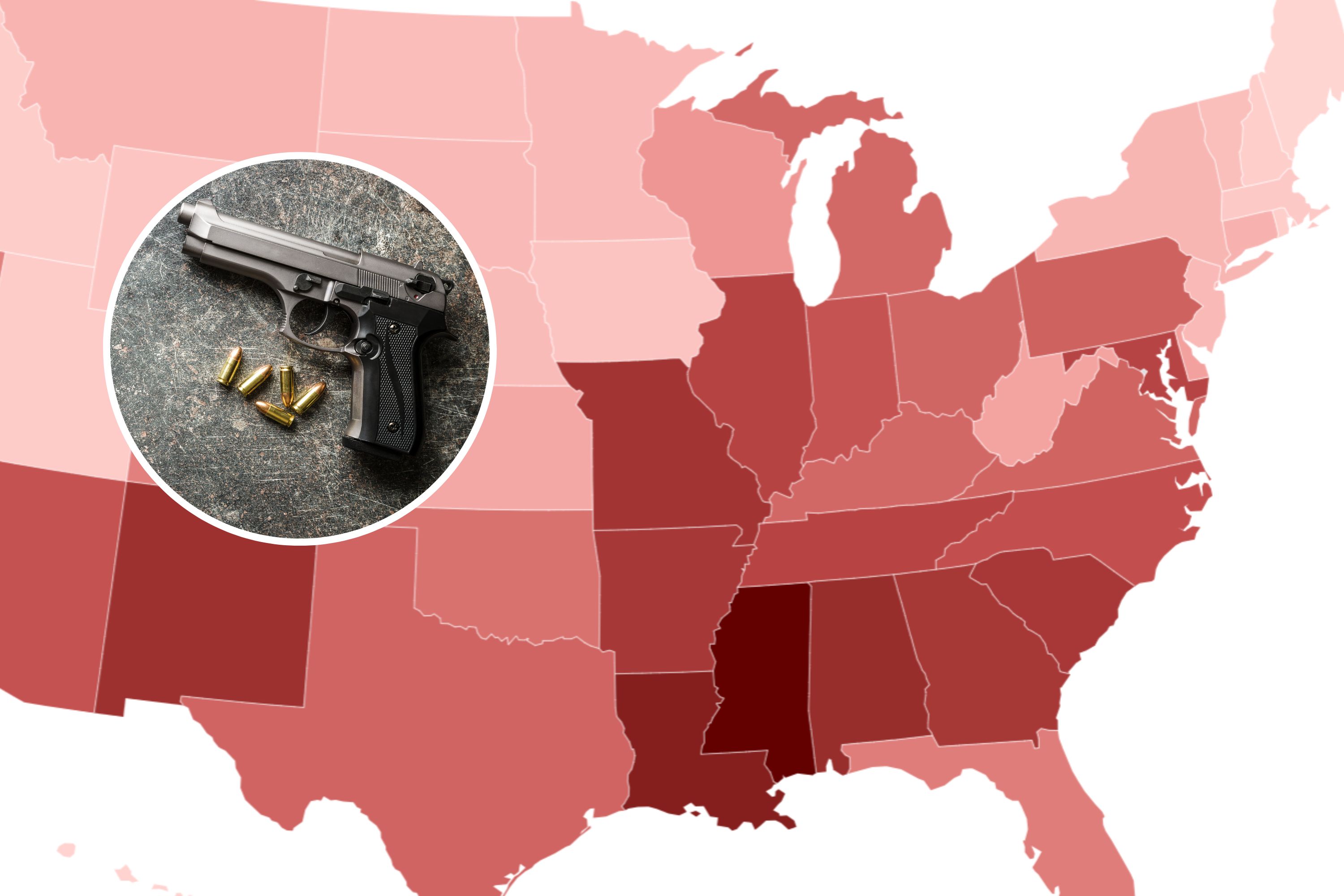An Alabama inmate's death sentence remains halted after the U.S. Supreme Court on Monday refused to hear a case involving a lower court's ruling, a decision that Justice Clarence Thomas chastised in his dissent.
The court declined to hear an appeal from the Alabama Department of Corrections regarding an Eleventh Circuit court's ruling about Kenneth Eugene Smith, an inmate on death row for a 1988 murder-for-hire hit on Elizabeth Sennett.
Smith's execution was halted after he argued that Alabama's plan to execute him via lethal injection was a violation of the Eighth Amendment, which deems cruel and unusual punishments as unconstitutional. Smith argued that death by nitrogen hypoxia would be less painful than lethal injection. Alabama state statute allows for prisoners to request nitrogen hypoxia instead, but the state lacks the experience to conduct the execution.
Thomas argued that the circuit court's ruling was "serious enough to warrant correction," a position that seven of the nine justices disagreed with. Thomas, who was joined by Justice Samuel Alito in his dissent, scolded his colleagues for what he called a missed opportunity to correct an issue that has delayed executions in the past. He wrote that Alabama death row inmates could use the argument in the future to continue to delay their executions.

Thomas said that not allowing an inmate to request nitrogen hypoxia because it's legal in the state—despite the state not having the experience or resources to execute the delivery—heightens the risk of incentivizing inmates to argue the Eighth Amendment to delay their execution.
The same argument was used by inmate Christopher Lee Price ahead of his execution in 2019. The Eleventh Circuit also sided with Price in that instance, but the decision was reversed by the Supreme Court, and Price was executed by lethal injection.
"The Eleventh Circuit's flawed logic in Price has already forced us to intervene in one last-minute capital emergency," Thomas argued. "This petition offered an opportunity, which may well prove unique, to consider and correct Price's faulty reasoning outside of that posture. Because the Court declines that opportunity, I respectfully dissent."
Attorney and former federal prosecutor Neama Rahmani told Newsweek that by declining to hear the case, inmates can continue to challenge the means of execution as cruel and unusual punishment.
"Justice Thomas wanted to hear the case and likely rule that Smith and others similarly situated can't challenge their execution merely because some other, potentially less painful form of execution was available," Rahmani told Newsweek.
"A lower court would still have to rule that nitrogen hypoxia is a viable option, but for now, Smith and other death row inmates have standing to make a similar argument."
Uncommon Knowledge
Newsweek is committed to challenging conventional wisdom and finding connections in the search for common ground.
Newsweek is committed to challenging conventional wisdom and finding connections in the search for common ground.
About the writer
Anna Skinner is a Newsweek senior reporter based in Indianapolis. Her focus is reporting on the climate, environment and weather ... Read more





